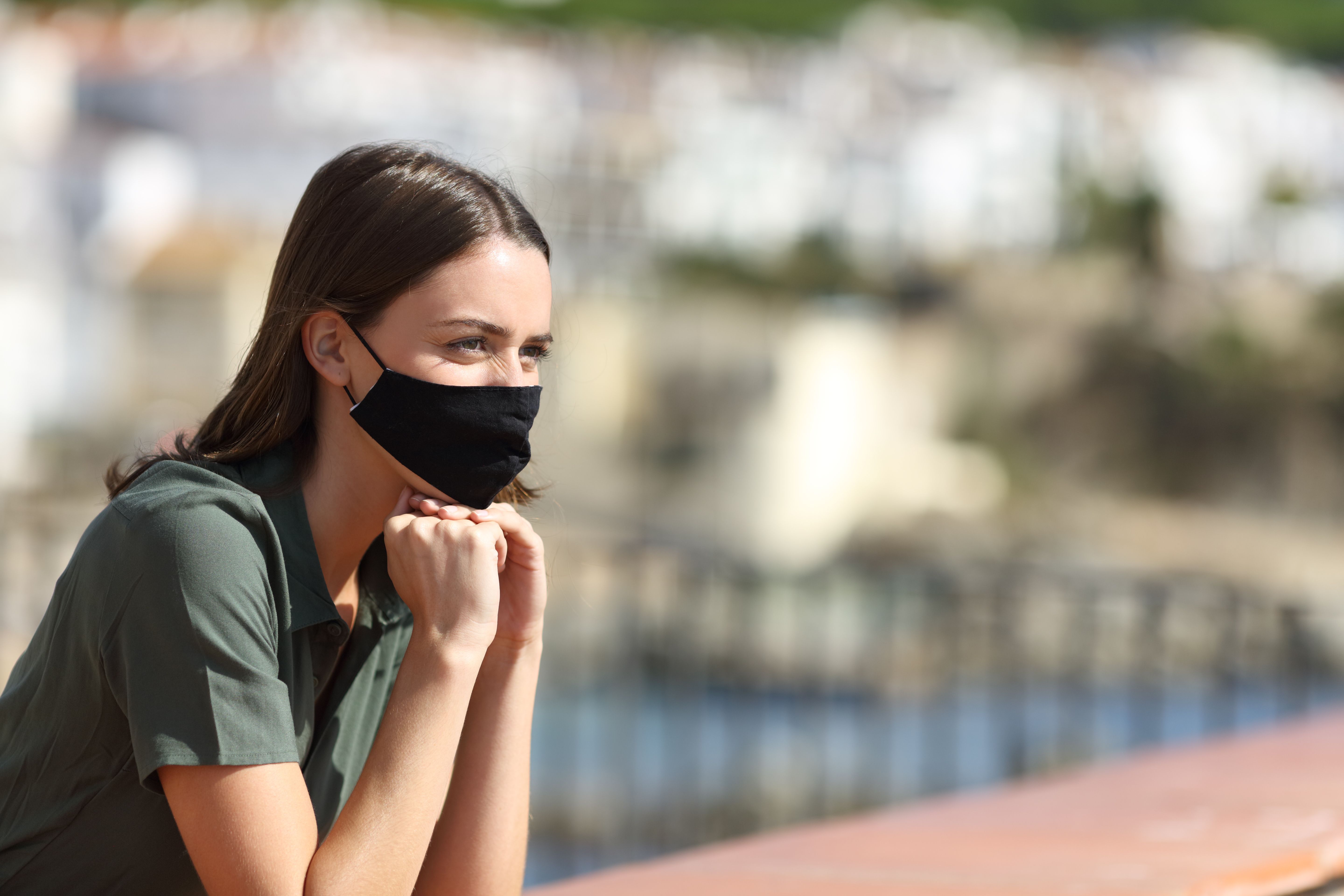Takeaways:
- Individuals with compromised immune systems, such as those undergoing cancer treatment or organ transplant recipients, face increased challenges and risks associated with COVID-19, including a higher likelihood of Long COVID and limited protection from existing vaccines.
- Invivyd's CANOPY phase 3 pivotal clinical trial demonstrated positive initial results, showing in vitro neutralization activity against the latest dominant variant, JN1, and other prevalent SARS-CoV-2 strains.
- The company believes that the initial results from the CANOPY trial support an immunobridging approach, using in vitro potency data to efficiently determine sVNA titers against new SARS-CoV-2 variants as they emerge.
For people with compromised immune systems, it is well reported that this patient population has had challenges dealing with COVID-19 including the higher risk for Long COVID, the potential for COVID rebound, and having limited protection with the first generation of COVID-19 vaccines.
As such, there is an unmet need for these populations to try to prevent the virus, and today, the biopharmaceutical company, Invivyd, announced it made a request for an emergency use authorization (EUA) for its monoclonal antibody, VYD222, specifically for the prevention of COVID-19 in immunocompromised adults and adolescents.
The request comes after the release of the company’s positive initial results from their CANOPY phase 3 pivotal clinical trial for VYD222, as well as ongoing in vitro neutralization activity against relevant variants such as JN1.
"We are tremendously pleased by the fact that VYD222 continues to demonstrate in vitro neutralization activity against the latest dominant variant, JN1, as well as other prevalent SARS-CoV-2 strains,” Invivyd Chief Executive Officer Dave Hering, said in a statement. “We believe that the demonstrated durability of VYD222 is reflective of our strategy to select antibody candidates that target conserved epitopes to achieve our stated goal of keeping pace with viral evolution.”
The CANOPY trial
This is a phase 3 study and it enrolled approximately 750 participants in 2 cohorts across multiple trial sites in the United States. The first group, (cohort A) enrolled approximately 300 participants who were significantly immunocompromised. These participants received VYD222 administered via intravenous infusion.
What You Should Know
Individuals with compromised immune systems, such as those undergoing cancer treatment or organ transplant recipients, face increased challenges and risks associated with COVID-19, including a higher likelihood of Long COVID and limited protection from existing vaccines.
Invivyd's CANOPY phase 3 pivotal clinical trial demonstrated positive initial results, showing in vitro neutralization activity against the latest dominant variant, JN1, and other prevalent SARS-CoV-2 strains.
The company believes that the initial results from the CANOPY trial support an immunobridging approach, using in vitro potency data to efficiently determine sVNA titers against new SARS-CoV-2 variants as they emerge.
The primary endpoints for this group were safety and tolerability and serum neutralizing titers against relevant SARS-CoV-2 variants at Day 28, which were calculated based on the pharmacokinetic concentration of VYD222 from the immunocompromised participants and the IC50 value for VYD222 against relevant SARS-CoV-2 variants.
The company said primary efficacy analysis used an immunobridging approach comparing data obtained in the CANOPY clinical trial to certain historical data from the company’s previous Phase 2/3 clinical trial of adintrevimab (ADG20) for the prevention of symptomatic COVID-19 (EVADE), in which serum neutralizing titers correlated with observed clinical efficacy.
Cohort B enrolled approximately 450 participants at risk of exposure to SARS-CoV-2. Participants were randomized 2:1 to receive VYD222 or placebo administered via IV infusion. The primary endpoints include safety and tolerability and the proportion of participants with RT-PCR-confirmed symptomatic COVID-19 through 6 months.
The company reported that VYD222 produced high serum virus neutralizing antibody (sVNA) titer levels against the XBB15 variant in the immunocompromised cohort. The investigators also noted an encouraging, potential early signal of clinical protection from symptomatic COVID-19 which would be expected based on the high sVNA titer levels and dose selected.
Invivyd also believes that the initial results from CANOPY support an immunobridging approach which utilizes in vitro VYD222 potency data to calculate and efficiently determine the sVNA titer levels against new SARS-CoV-2 variants as they emerge. Initial results showed that the safety and tolerability profile of VYD222 remained favorable with no study drug related serious adverse events reported; adverse events attributed to VYD222 were Grade 1 or 2 (mild or moderate) in severity.
COVID-19 and the Immunocompromised
Last year, the CDC published prevention measures in trying to avoid COVID-19 for people who are immunocompromised, and while nothing truly new emerged for the measures, the prevention measures served as good reminders and included the following:
- Get an updated COVID-19 vaccine
- Improve ventilation and spend time outdoors
- Learn about testing locations and treatment options before getting exposed or sick
- Get tested if you been exposed to the virus or have symptoms
- Wash your hands often
- Wear a well-fitted mask and maintain a distance in crowded spaces.
There is not a set deadline for the EUA, but a nonprofit organization that is involved with chronic illnesses is encouraged by the news.
"We are eagerly tracking the progress of new monoclonal antibodies because there are still countless immunocompromised people who remain vulnerable to the ravages of COVID-19,” Global Healthy Living Foundation President and Co-Founder Seth Ginsberg, said in a statement. “Sustained innovation is what is needed to keep pace with this virus, and we commend Invivyd and others working in this space for their commitment and dedication to serving those who are in urgent need of protection."
Reference
Invivyd Submits Request for Emergency Use Authorization (EUA) to U.S. FDA for VYD222 for the Pre-Exposure Prevention of COVID-19 in Immunocompromised Adults and Adolescents. Invivyd press release. January 3, 2024, Accessed January 3, 2024. https://investors.invivyd.com/news-releases/news-release-details/invivyd-submits-request-emergency-use-authorization-eua-us-fda
This article was initially published by our sister publication, Contagion Live.
